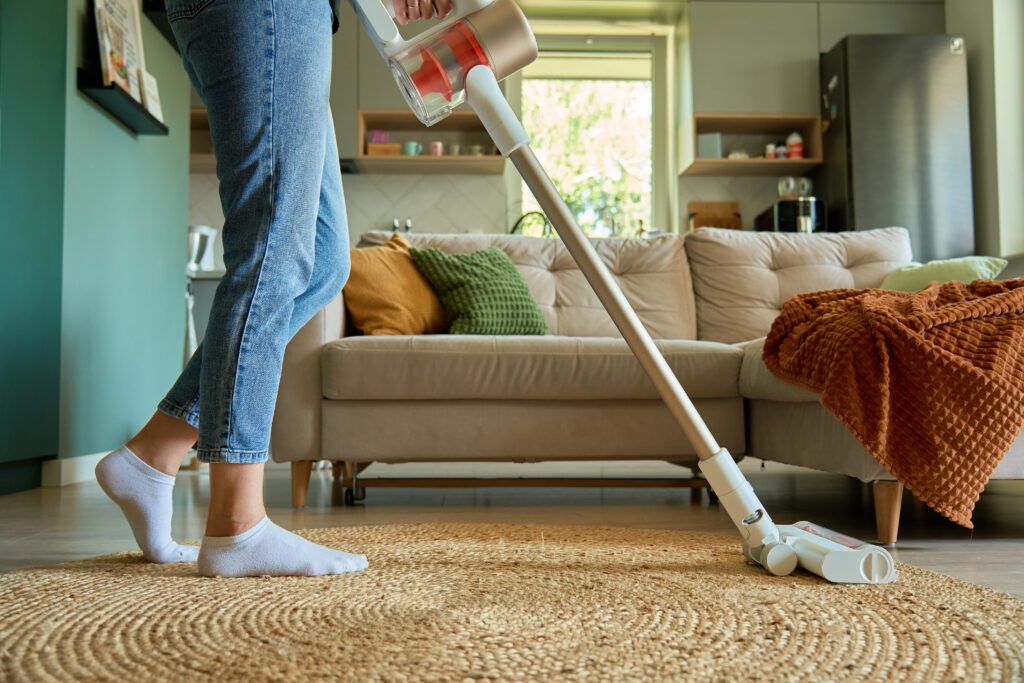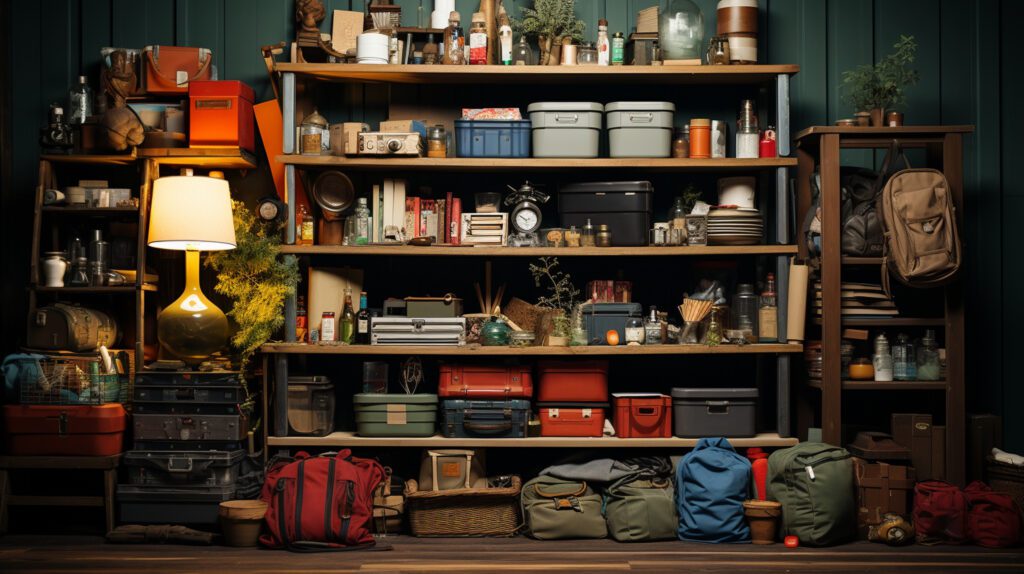Steps for Preserving Family History

Terri Blanchette, a Heritage Preservation Specialist and owner of Time Sorters knows how emotional the process of downsizing family memorabilia can be. These are mementos of your life, and those who came before you, and hold fond and often strong memories. The strength of the tie that some of those items have for us is almost as binding as a physical attachment.
Yet, we aren’t so tied to other items in our collection, rather we keep them out of respect or memory of those who are gone now.
There is also a myriad of feelings that come with these items such as happiness, sadness, guilt, confusion, stress, and anxiousness that obstruct our ability to deal thoughtfully and intentionally with these items from our past. And as a result, they sit another year, or five, and our stress grows as we know they won’t – they can’t – last forever.
The final complication is that once again social norms are changing and it is no longer an option to just leave everything to the “kids”. There are reasons for this shift, but suffice to say that it’s putting a lot of stress on those who are holding these items resulting in a glut of materials that are in limbo – neither cared for nor disposed of.
But We Don’t Know What the Other Options Are. Where Do We Begin?
Terri offers the following four steps for finally dealing with all those family treasures and preserving your family history:
1. Determine What You REALLY Want to Keep
To do this, ask yourself the following questions and answer honestly. If you can’t be honest, have someone else listen to your answers and give you feedback:
a. Is it YOUR history to keep? Often, we hold on to things thinking that if we let it go history will go with it. Although that may be true, is it really your responsibility to hang on to it? Said another way, if those whose history it is hasn’t kept it, then maybe it just needs to go.
b. If it IS your history to keep, and you are no longer here, does the item tell the story? If it doesn’t, then it’s the memory, and not the item, that needs to be kept. Keep that memory through a handwritten journal, audio or video recording, or pictures of the items with the story attached, and then dispose of or donate the item.
c. Is it history that has relevance beyond you? We all like to think that everything we’ve experienced in our lives is worthy of being remembered.
The difficult reality is that there are many more memories that are only relevant to us and will go when we go. That is a fact of life that we have lost touch with over the past 4 or 5 decades.
2. Take Inventory of the items You Aren’t Keeping and Share that Inventory with Family Members
Give everyone a fair opportunity to claim whatever pieces, if any, that their own memories are attached to. Don’t be discouraged, however, if there is little response or interest. It’s a sign that things do need to just move along. So, move to item #3.
3. Sort All of the items First
Sort by the following:
a. What to keep (after asking those questions in #3). Preserving your family history can mean
b. What to “move on”
4. Sort Each of Those Two Categories by Type
Photographs, Papers, collectibles, textiles, etc. Doing this will do two things:
a. Help find the best option for items that are moving on
b. Determine the best way to preserve items that you are keeping by contacting a preservation specialist such as TimeSorters.com or a conservationist if a repair is needed.
Who Else Would Want These Items?
Fortunately, there are lots of options for those historical items “moving on”. For books, papers, and photographs that need to find a new place to live, look at local museums, historical societies, and libraries. Those local organizations may appreciate the history that relates specifically to their area – especially if there are stories of the area to go with the items.
For some family history items, especially military history items, collectors are eager to see what you may have in your stores. For military memorabilia in particular, value and desirability can be greatly enhanced if there is formal documentation of the service and/or personal letters or paperwork to support the items. Never throw away documentation if you are considering offering your military keepsakes to a collector. Or at least don’t mention you ever had it. They are a passionate bunch.
If you’re feeling like it’s important to preserve your family history, you’re right! But taking smart steps now to curate and preserve your historical items is the best path to having a collection that can truly be appreciated and enjoyed by generations ahead.
Terri Blanchette started TimeSorters when she realized that the most important history to preserve, the materials in our own closets, trunks, attics, etc., are being lost forever due to lack of proper care and storage.
Do you have family history items that you’d like help sorting, preserving, or donating?
Contact us to find the most trusted transition specialists in your area who will be able to help you out.





